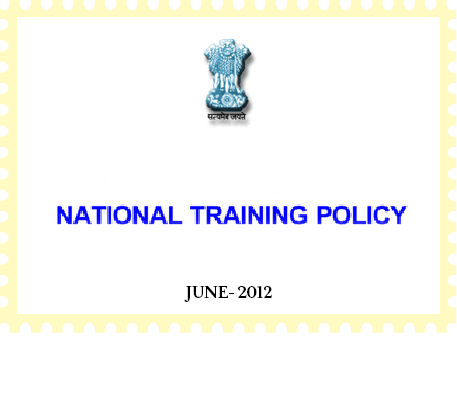Copyright © Website Content Managed by Capacity Building Commission, Government of India
CBC's timeline portal is best experienced on desktop & laptop only using latest version of
Chrome(ver 108+), Firefox(ver 108+), Safari(ver 15+), MS Edge(ver 108+) or an equivalent browser
with a screen resolution of 1920*1080 or higher
